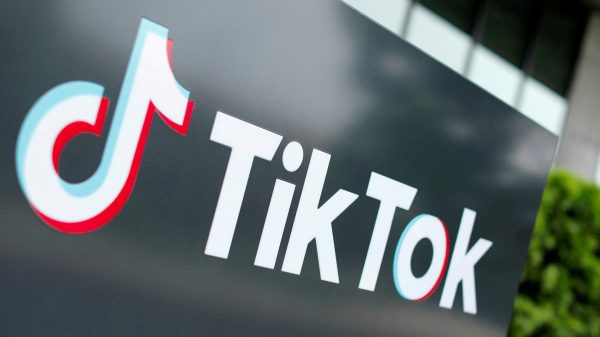The future of generative AI is currently uncertain, marked by a pervasive hype cycle that has seen both enthusiasm and skepticism. A report from Goldman Sachs has questioned the actual value of AI tools, which range from generative AI to more traditional machine learning platforms.
Despite these doubts, the marketplace is flooded with these technologies, prompting agencies to adopt cautious approaches. They utilize sandboxes—controlled testing environments—and internal AI task forces to navigate the complexities of these tools, alongside negotiating client contracts.
While artificial intelligence itself has a long history, the generative AI arms race gained momentum recently with promises of revolutionizing marketing efficiency. However, generative AI remains in its early stages, grappling with challenges such as hallucinations, biases, data security, and significant energy consumption issues. Agencies like Assembly are cautious, scrutinizing AI claims and vetting platforms meticulously before integration.

The Uncertain Future of Generative AI in Marketing Agencies
Generative AI has expanded beyond large language models like OpenAI’s ChatGPT, infiltrating various sectors from search engines to social media and image creation tools. Agencies themselves have launched proprietary AI systems, such as Digitas AI by Digitas, to enhance internal operations and client services. Despite the buzz, most generative AI applications are still in testing phases, highlighting the industry’s experimental nature.
Issues like intellectual property rights and data transparency remain critical concerns. Companies like McCann Worldgroup emphasize secure partnerships with AI providers like ChatGPT and Microsoft Copilot, ensuring data protection through sandboxed environments and enterprise-level agreements.
This cautious approach is essential as agencies like McCann and Razorfish navigate the complexities of AI’s ethical implications, such as ensuring that sensitive client data remains protected and used ethically within AI training frameworks.
Legal and regulatory landscapes surrounding AI are evolving, with lawmakers increasingly scrutinizing issues of privacy, transparency, and copyright protection.
Until a consensus on AI regulation is reached, agencies and brands must establish robust frameworks to safeguard data integrity and mitigate biases inherent in AI systems. This involves stringent checks and balances, legal protections, and client awareness initiatives to ensure responsible AI deployment.
While generative AI holds promise, its implementation remains a work in progress fraught with challenges. Agencies are pioneering efforts to harness AI’s potential while addressing its pitfalls, advocating for transparency, ethical use, and regulatory clarity in the burgeoning AI landscape.









































